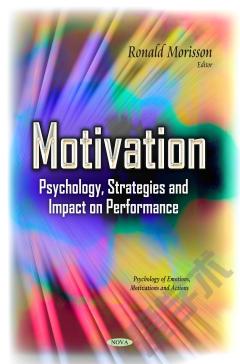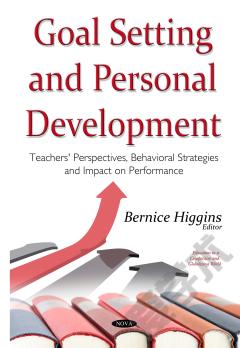Mentoring: Perspectives, Strategies and Impacts on School Performance
This book provides current research on the perspectives of mentoring, different strategies and the impacts mentoring has on school performance. Chapter one begins with a discussion on the Balu and Du mentoring program. Chapter two studies the use of peer mentoring to implement multicultural education in preschool classrooms. Chapter three reviews and analyzes a variety of mentoring supports including supports such as providing content resources and materials, teaching observations with meaningful feedback, a listening ear, common planning time with mentors, and release time to observe other teachers. Chapter four reports on the successful uptake of mentoring in an education setting; more specifically among beginning teachers in the secondary schools. Chapter five provides recommendations for helping school-based partners prepare for and transition to clinically-based teacher preparation. Chapter six studies a structured on-the-job training model that incorporates bidirectional mentoring in teacher professional learning communities. Chapter seven introduces e-mentoring as a way to increase student satisfaction and/or retention. Chapter eight examines how mentoring undergraduate and graduate students through student assistant positions in an academic library increases academic success. The last chapter studies the influence of task, social and knowledge characteristics on peer mentoring.
{{comment.content}}








 京公网安备 11010802027623号
京公网安备 11010802027623号